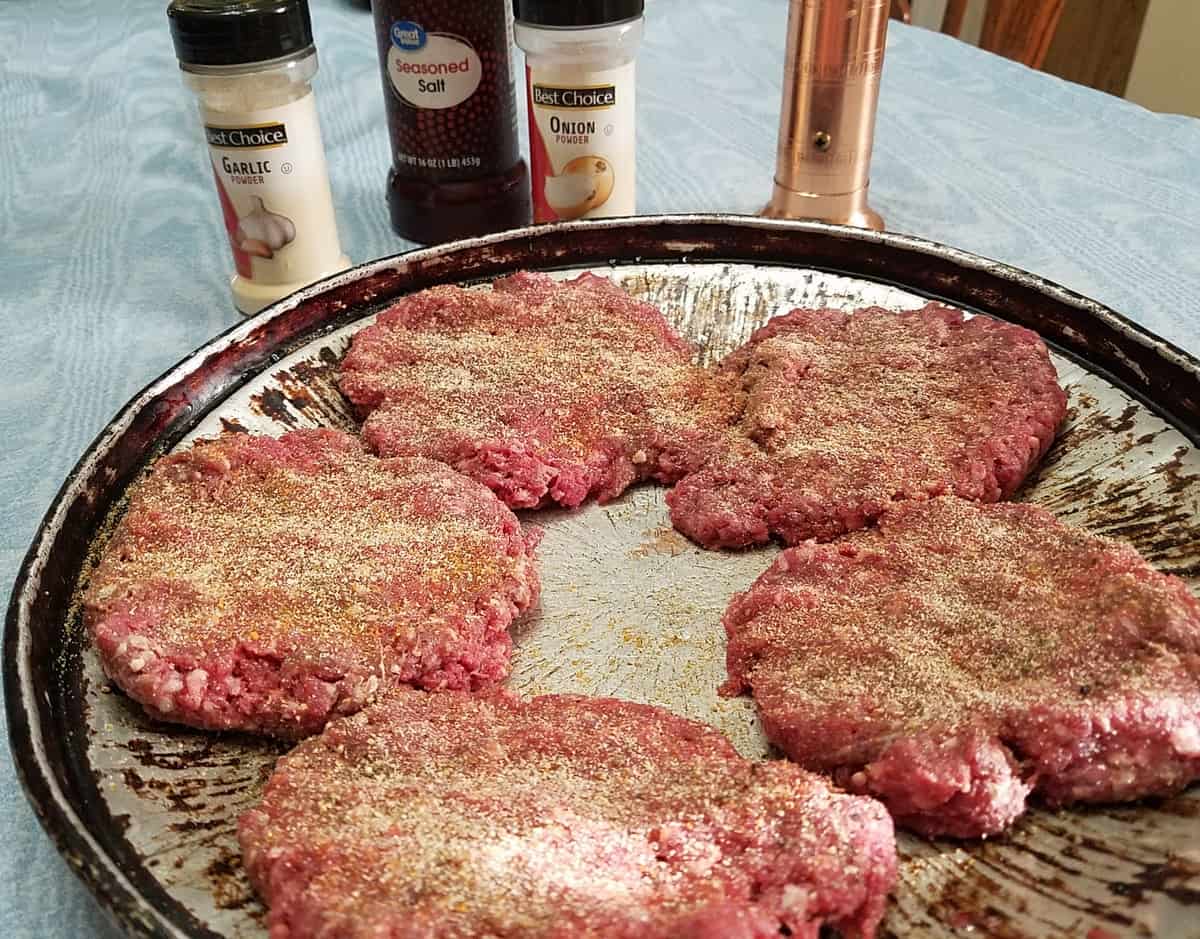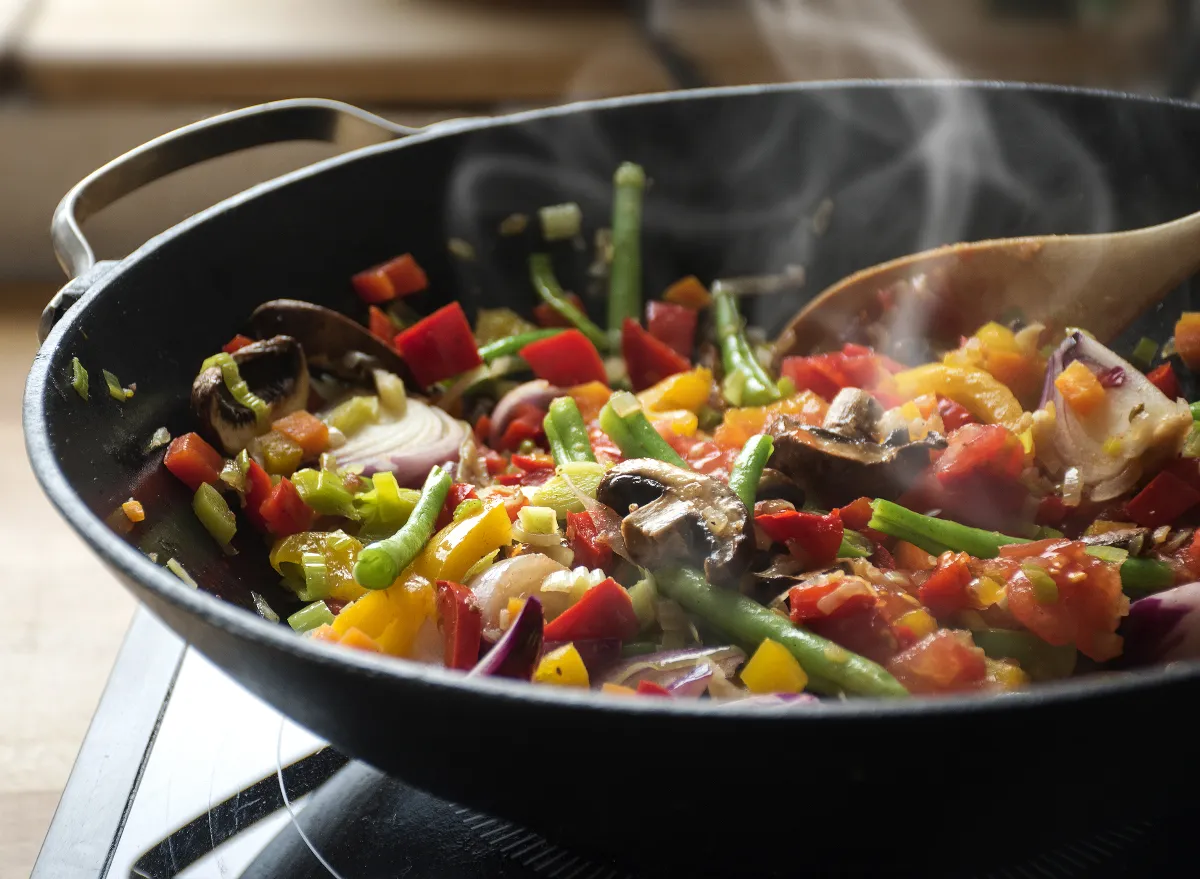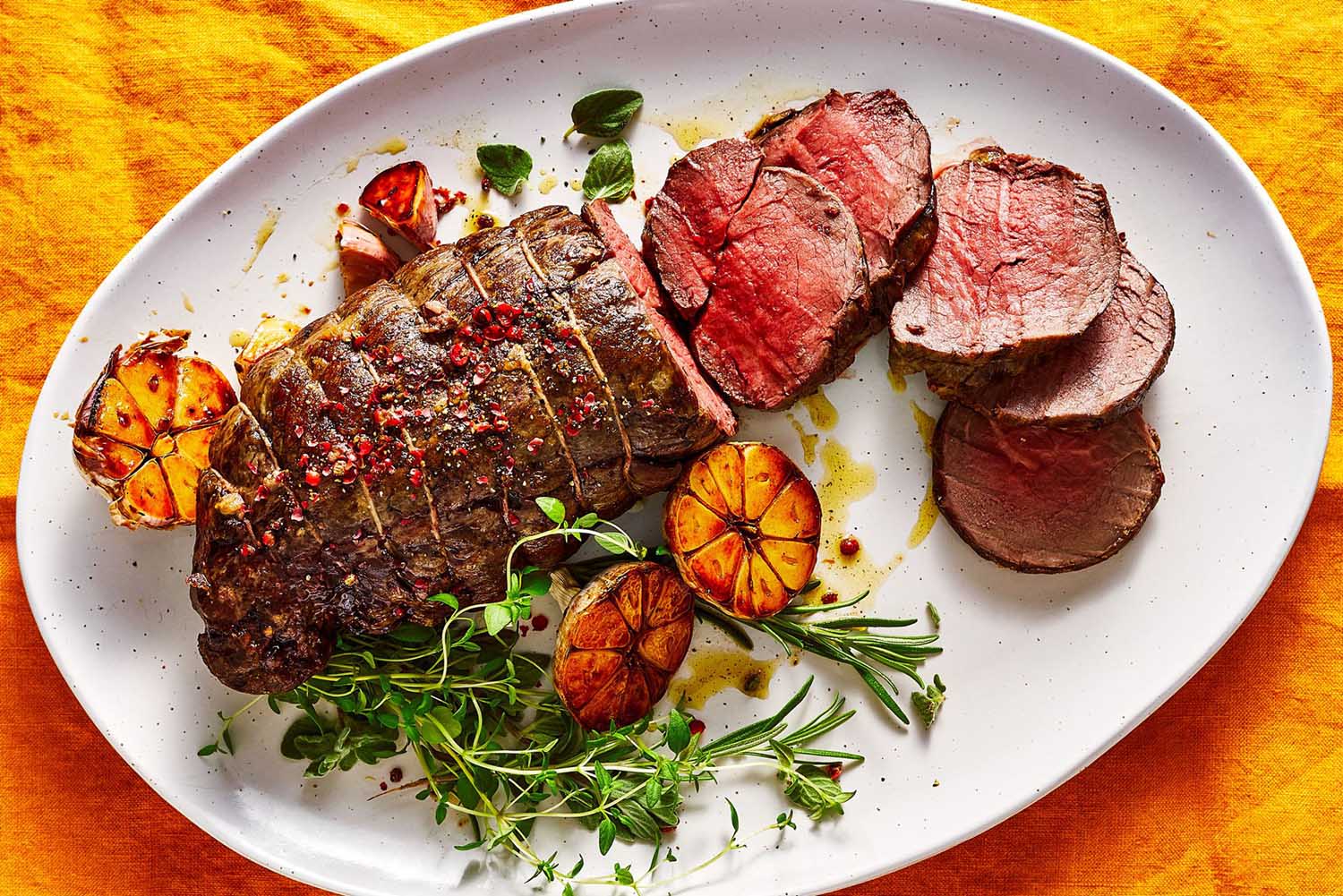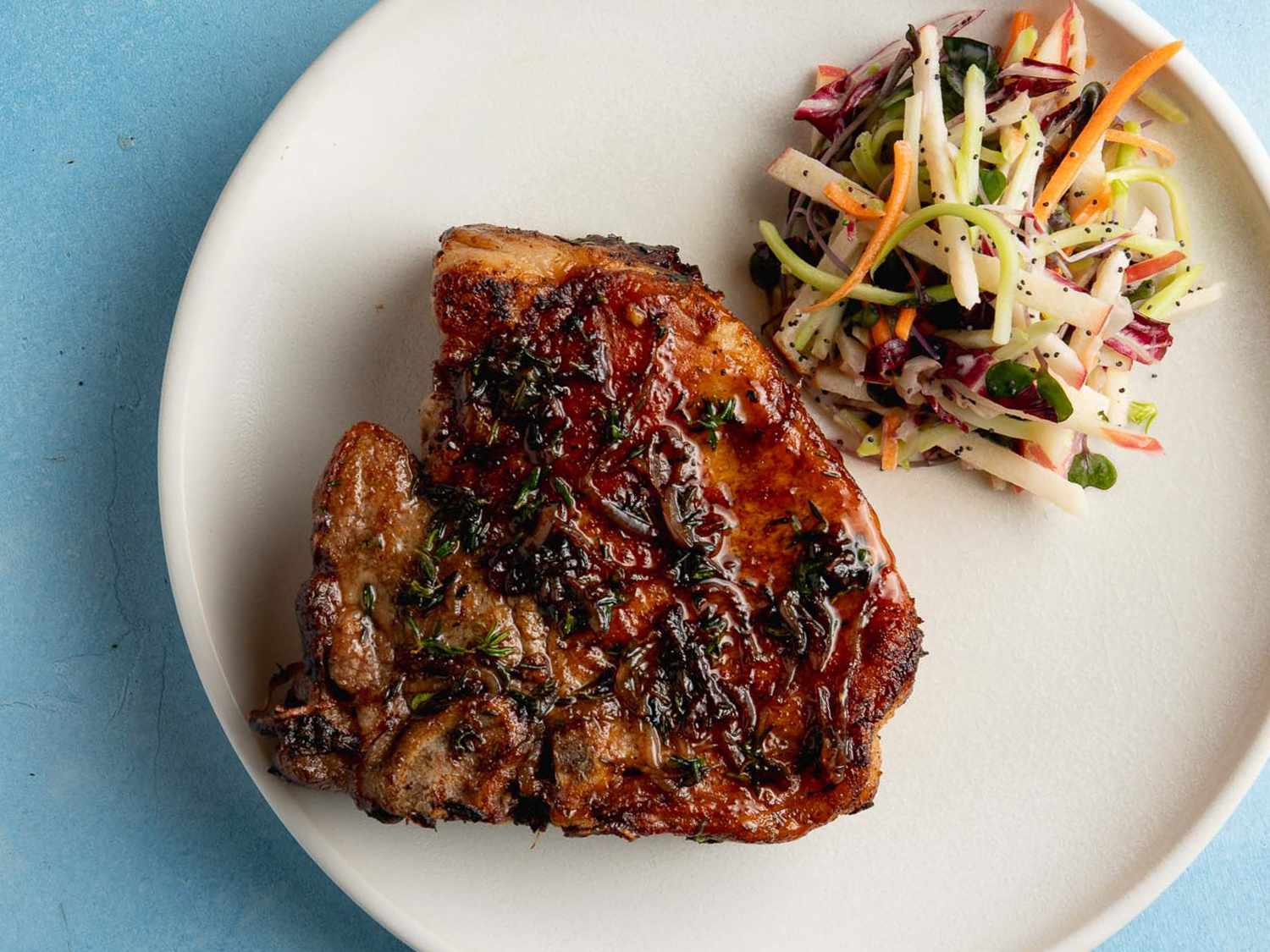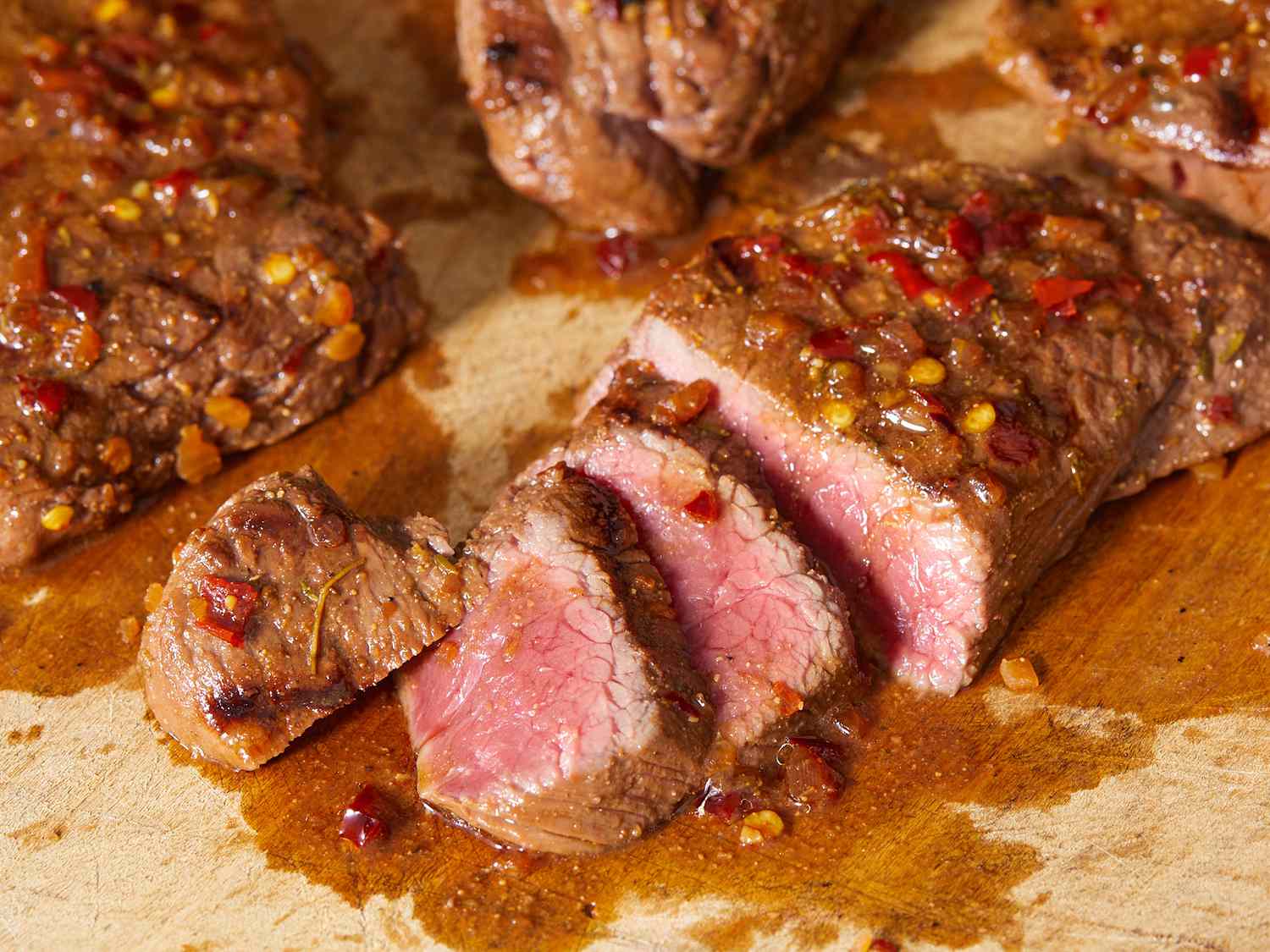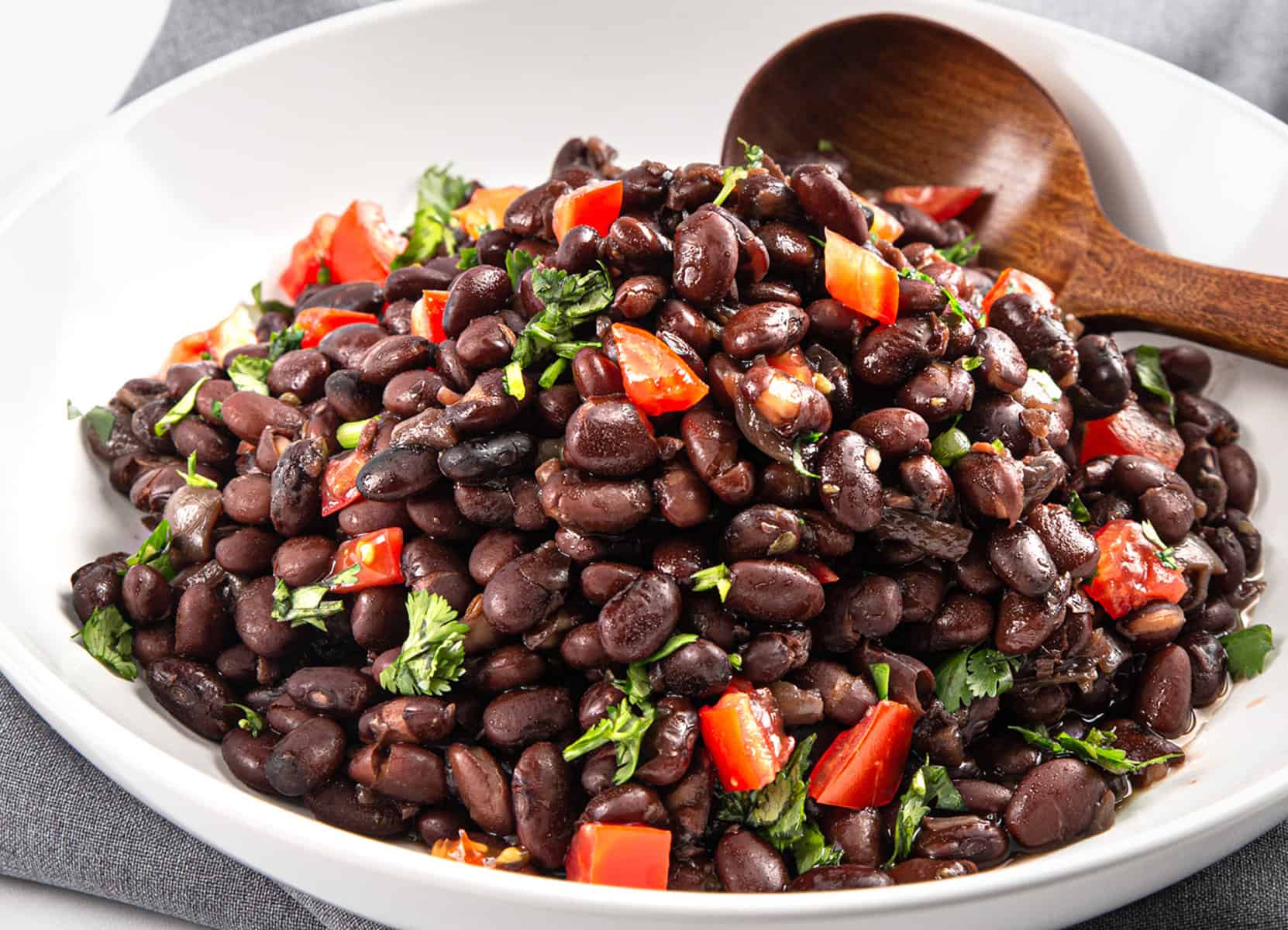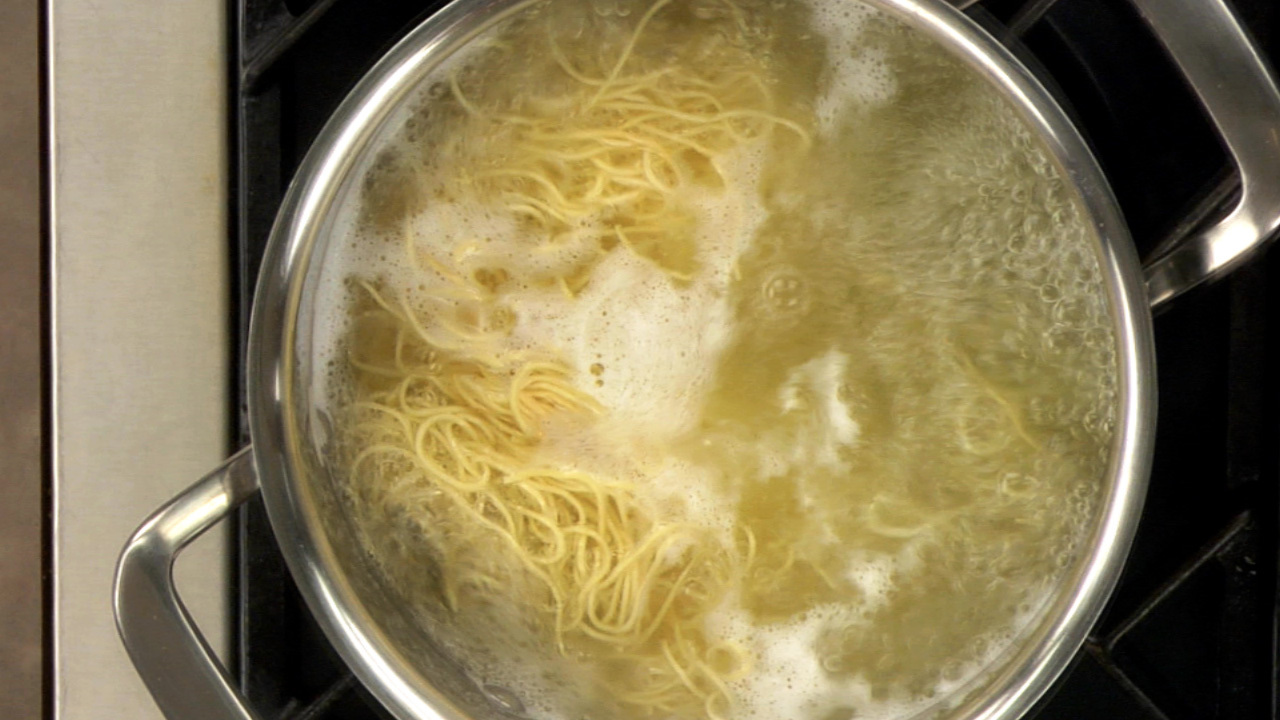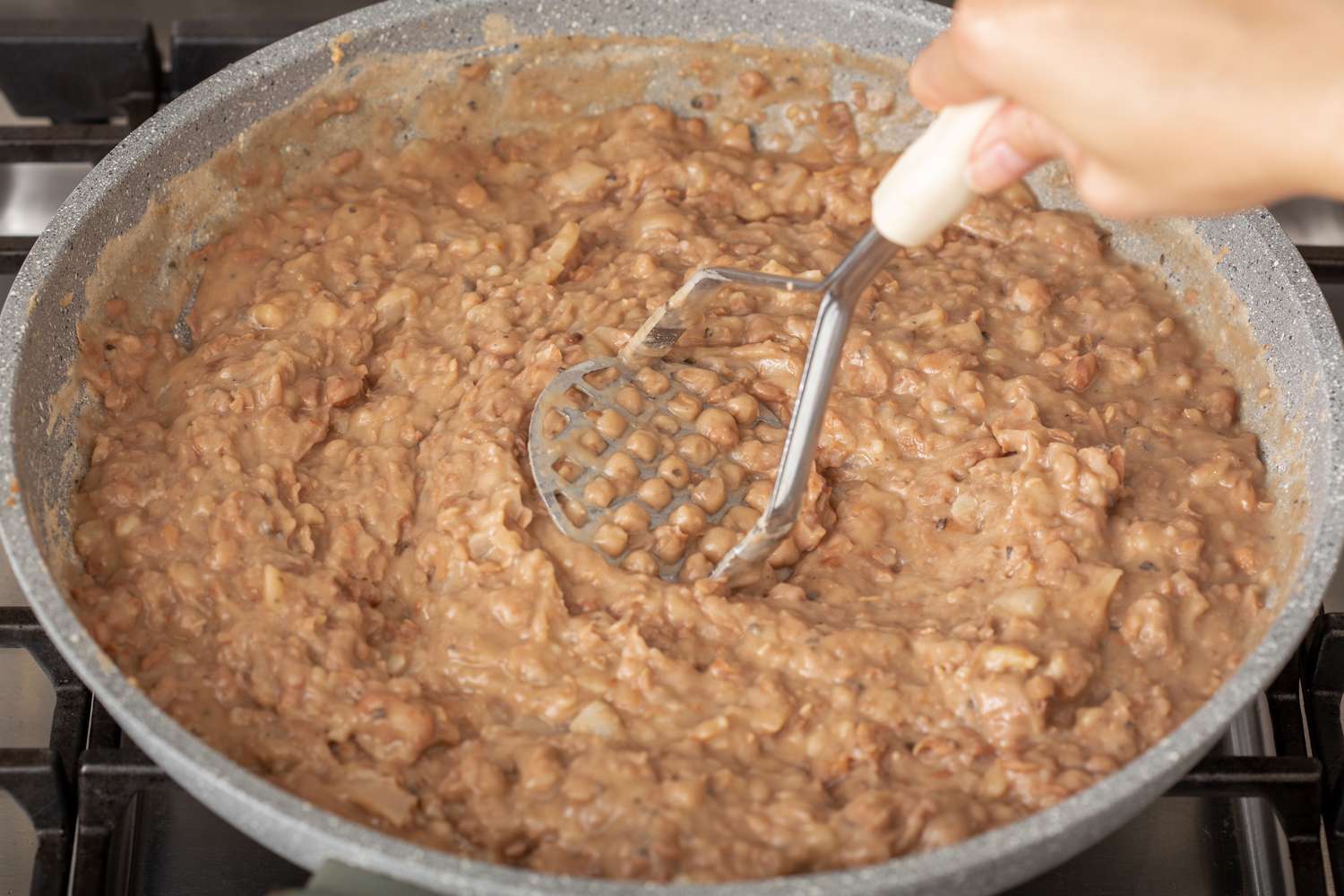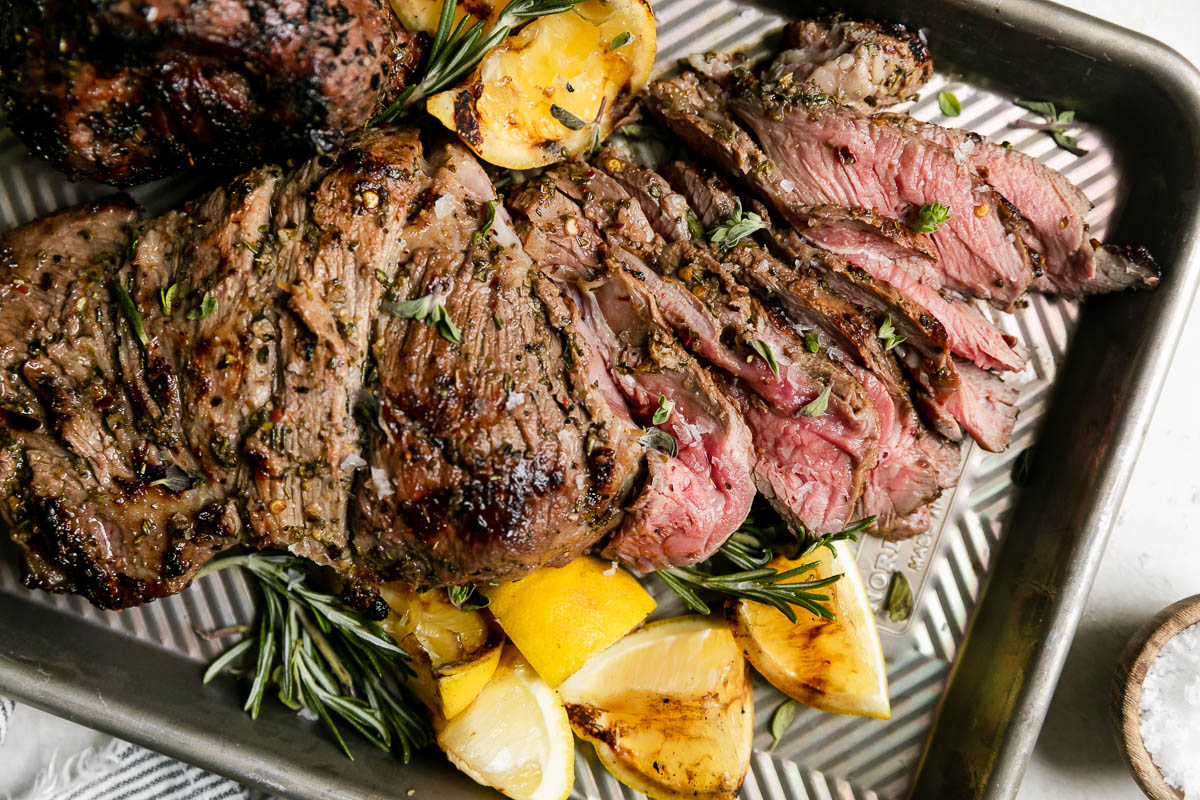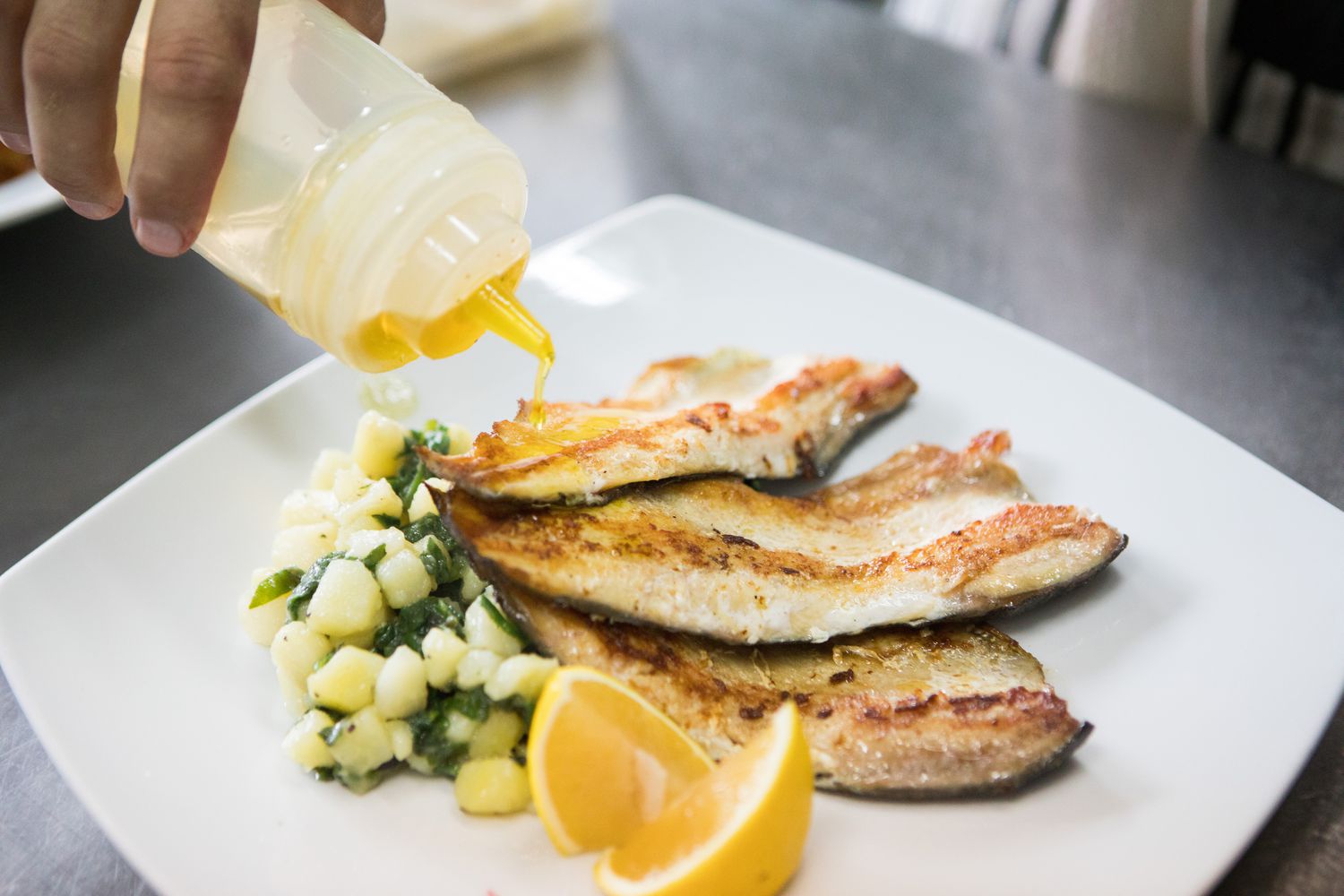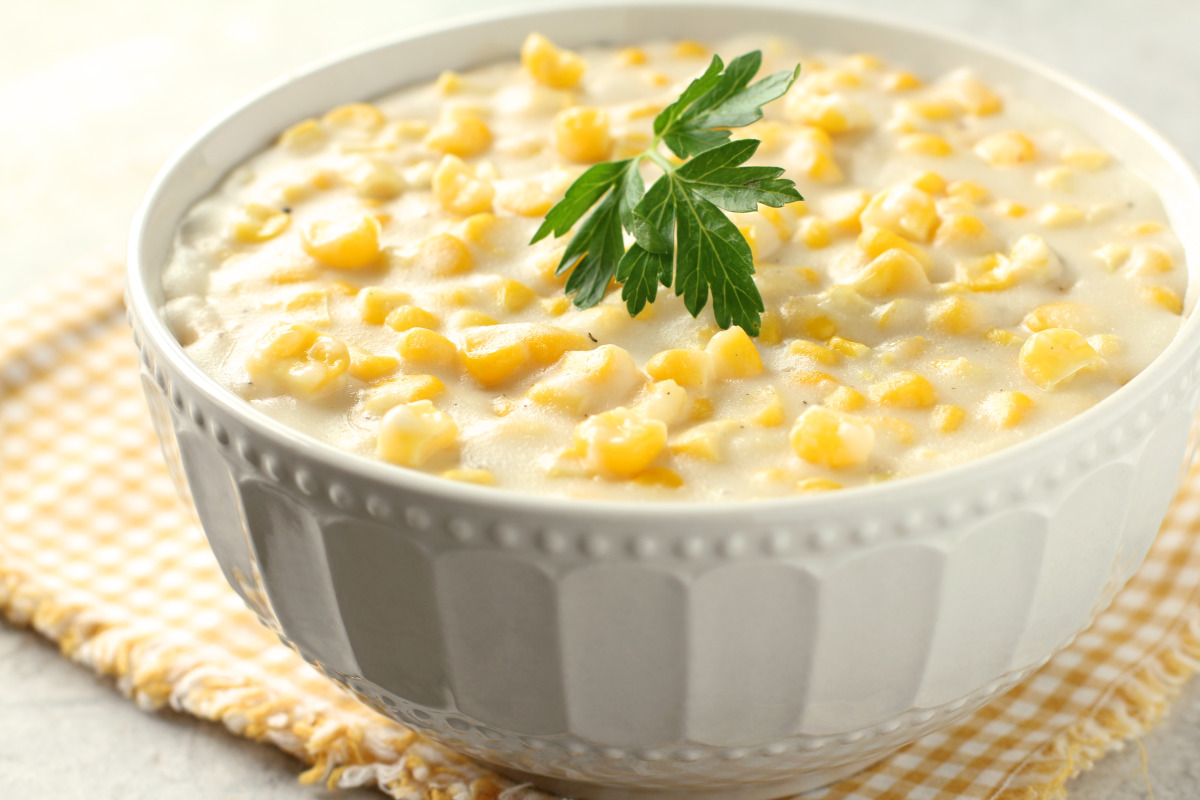How To Cook Chicken And Rice For Dogs
When it comes to feeding our furry friends, providing them with a nutritious and balanced diet is essential for their overall well-being. Many dog owners choose to cook homemade meals for their pets, as it allows them to have control over the ingredients and ensure their canine companions receive the best possible nutrition. One popular and easily prepared meal is chicken and rice, a wholesome combination that dogs simply love. In this article, we will guide you through the process of cooking chicken and rice for your beloved pooch.
Benefits of Chicken and Rice for Dogs
Chicken and rice is a fantastic option for dogs due to its numerous benefits:
- Easy to digest: Chicken and rice are both gentle on your dog’s digestive system, making this meal ideal for dogs with sensitive stomachs or digestive issues.
- High in protein: Chicken is a fantastic source of lean protein, which is crucial for muscle development and repair.
- Rich in nutrients: Both chicken and rice provide essential vitamins, minerals, and amino acids that contribute to your dog’s overall health.
- Helps with upset stomachs: Chicken and rice can be a soothing meal option for dogs experiencing stomach upsets or recovering from illness.
Recipe for Chicken and Rice
Here’s a simple recipe that you can follow to prepare a delicious and nutritious chicken and rice meal for your furry friend:
- Ingredients:
- 2 boneless, skinless chicken breasts
- 1 cup of white rice
- 3 cups of water or low sodium chicken broth
- Instructions:
- Begin by cooking the chicken. You can either boil, bake, or grill it until it is thoroughly cooked. Avoid adding any seasoning or spices, as these can be harmful to dogs.
- Once the chicken is cooked, shred it into small, bite-sized pieces. Ensure that there are no bones or cartilage remaining.
- In a separate pot, cook the white rice according to the package instructions. Use water or low sodium chicken broth for added flavor.
- Once the rice is cooked, remove it from the heat and let it cool for a few minutes.
- Mix the shredded chicken with the cooked rice, ensuring that the ingredients are well combined.
- Allow the mixture to cool completely before feeding it to your dog.
Feeding Guidelines
When it comes to feeding chicken and rice to your dog, it’s crucial to consider their individual dietary needs and consult with your veterinarian. However, as a general guideline, you can follow these recommendations:
- For small dogs, feed about 1/2 to 3/4 cup of chicken and rice mixture per day.
- Medium-sized dogs may require 1 to 1 1/2 cups of chicken and rice mixture per day.
- Large dogs might need 2 to 3 cups of chicken and rice mixture per day.
- Remember to adjust the portion sizes based on your dog’s activity level, age, and overall health.
Always keep in mind that this chicken and rice meal should be used as a temporary diet option or as a part of a balanced diet. It’s important to incorporate a variety of proteins and vegetables to ensure your dog receives all the necessary nutrients.
Final Thoughts
Preparing homemade meals for your dog, such as chicken and rice, is a wonderful way to show your affection and care. Not only does it provide a well-balanced diet, but it also allows for customization based on your dog’s specific needs. Remember to consult with your veterinarian before making any significant changes to your dog’s diet and enjoy the satisfaction of providing wholesome and delicious meals for your furry friend.
Was this page helpful?
Read Next: How To Cook Cocktail Sausages
